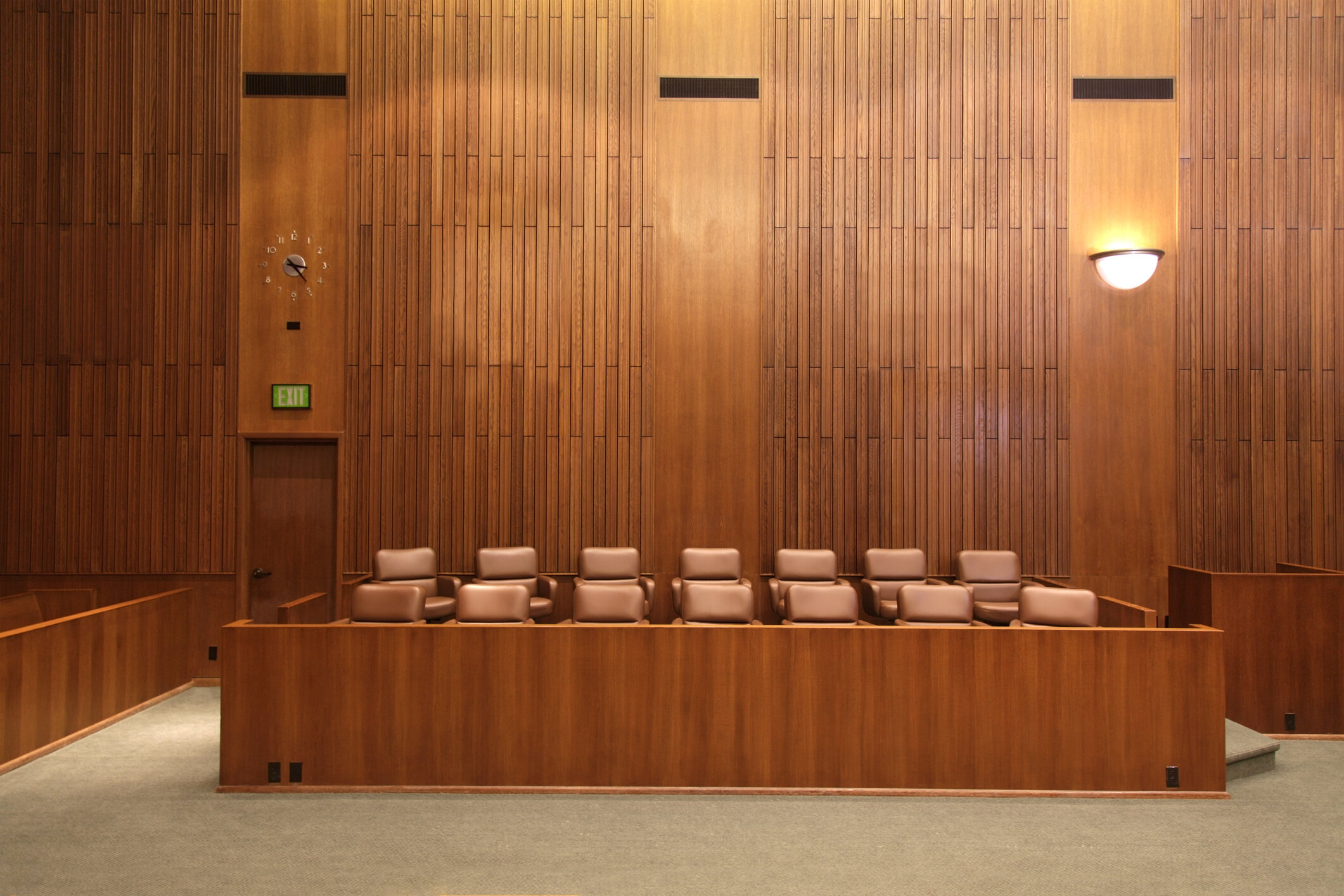Writings About Decision- Making
A trial lawyer lives in the world of poor decision-making: company leaders make the wrong choice under pressure; groups and individuals take shortcuts that lead to catastrophes; boards fail to see troubled waters ahead. And sometimes juries evaluating this conduct similarly disappoint, inventing facts (while ignoring others) so as to justify a desired outcome. In studying these events and piecing together conduct, I wondered why smart, motivated people made head-scratching decisions.
This curiosity lead me to the emerging science of decision-making. Nobel Laureate Daniel Kahneman and his colleague Amor Tversky laid the foundation for this field, relentlessly challenging the idea that human beings are motivated to—and do—routinely make rational, logical decisions.
Kahneman’s 2011 best seller, THINKING, FAST AND SLOW summarizes Kahneman’s and Tversky’s work. The book describes a lifetime of cognitive and social psychology research about the multiple ways humans predictably and without awareness commit errors in logic and reasoning.
In my own writing, I’ve sought to use these insights and ideas for improving decision-making by juries, by boards, and by our leaders. I plan to dive more deeply into how the tools of behavioral and cognitive science might be used to protect against catastrophic decisions.
Thank you for reading.
Recent Posts



20 Great Ways to Lose a Trial - Part 4
Part 4 of the series. During decades of trying cases, teaching Trial Advocacy, observing mock juries, interviewing jurors, and now serving as a trial advisor, arbitrator, and mediator, I’ve learned some things about what doesn’t work at trial.

Use Brain Science to Make Better Decisions
Studying how the human brain works has helped scientists learn more about decision-making. Here are some findings and related tips that are especially relevant for lawyers.

Waukesha Parade attack highlights a need to improve bail decisions. Do it in a thoughtful, bipartisan way that relies on science.
The Waukesha Christmas Parade murders remind us of the continuous judgments made by district attorneys, court commissioners, and judges as they decide whether and on what terms to release those accused of crimes.… it is worth taking account of the insights from decision-making science as we consider what we can do to improve the bail process.

20 Great Ways to Lose a Trial - Part 3
Part 3 of the series. During decades of trying cases, teaching Trial Advocacy, observing mock juries, interviewing jurors, and now serving as a trial advisor, arbitrator, and mediator, I’ve learned some things about what doesn’t work at trial.

20 Great Ways to Lose a Trial - Part 2
Part 2 of the series. During decades of trying cases, teaching Trial Advocacy, observing mock juries, interviewing jurors, and now serving as a trial advisor, arbitrator, and mediator, I’ve learned some things about what doesn’t work at trial.

20 Great Ways to Lose a Trial - Part 1
During decades of trying cases, teaching Trial Advocacy, observing mock juries, interviewing jurors, and now serving as a trial advisor, arbitrator, and mediator, I’ve learned some things about what doesn’t work at trial.

'What if we are wrong?'
On Sept. 28, 1918, 200,000 people jammed Philadelphia’s streets to enjoy the Liberty Loan Drive Parade. We know that a “deluge of death” from influenza followed, but fewer know about the decision that came before the parade.

Confirmation Bias Can Cloud Director Judgement
We all know the basic facts of the Theranos debacle: Brilliant Stanford dropout fools almost everyone about a blood-testing device she proclaims will revolutionize healthcare. Conscience-stricken employees reach out to investigative reporter. Theranos collapses.

Improving Jury Deliberations Through Jury Instructions Based on Cognitive Science
With this closing instruction ringing in their ears, jurors across the country are sent off to their deliberation rooms to reach a verdict:
“Free your minds of all feelings of sympathy, bias and prejudice and let your verdict speak the truth, whatever the truth may be.”
For decades we believed this instruction was effective and its goals attainable.